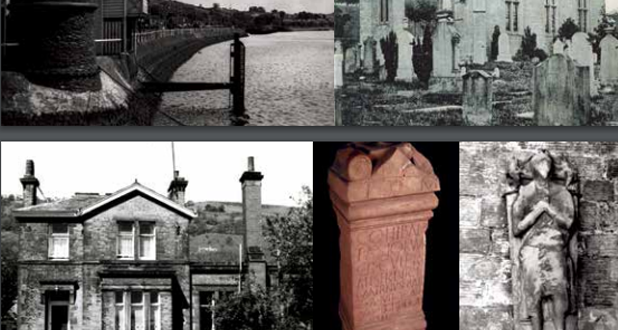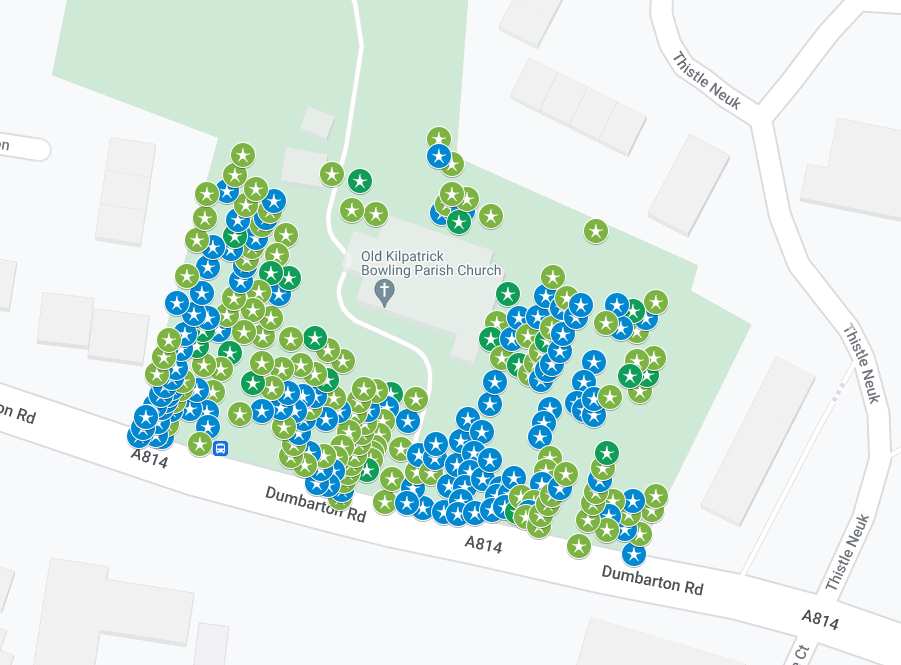History and Heritage
of Old Kilpatrick and the Surrounding Areas
AOK aim to promote the history and heritage of the village and the surrounding areas. In the past, we completed an oral history project 'A Walk Through the Past: Memories of Old Kilpatrick from 1940s to the Present Day' which involved creating two audiowalks and a book of residents' memories. Currently we are working with the Antonine Project and Forestry and Land to create an Antonine Arboretum in a filed in the village, which will celebrate our Roman heritage.
News
Antonine Arboretum
A Walk Through the Past: Memories of Old Kilpatrick
Old Kilpatrick
ANTONINE WALL
The western end of the Antonine Wall was marked by a fort at Old Kilpatrick, overlooking the River Clyde.
Important finds include two sculptured distance slabs, an inscribed altar to Jupiter, and a possible bath-house located within an annexe attached to the fort.
There may have been a harbour here, a supply base for goods brought in by sea. No traces of the fort are visible today but the site of Old Kilpatrick fort is worth visiting for the magnificent views across the Clyde: a viewpoint that places the modern visitor at the north-west corner of the former Roman Empire
West Dunbartonshire
HERITAGE TRAILS
Each Heritage Trail advises on a route to take and explains the points of interest along each route, taking in past and present architecture, industry, famous people and the natural landscape.
West Dunbartonshire Heritage Trails are available from your local library and Clydebank Museum and Art Gallery.
Old Kilpatrick Bowling Parish Church
GRAVEYARD
The map linked below shows all graves in the graveyard (Courtesy of: Florence Boyle).



